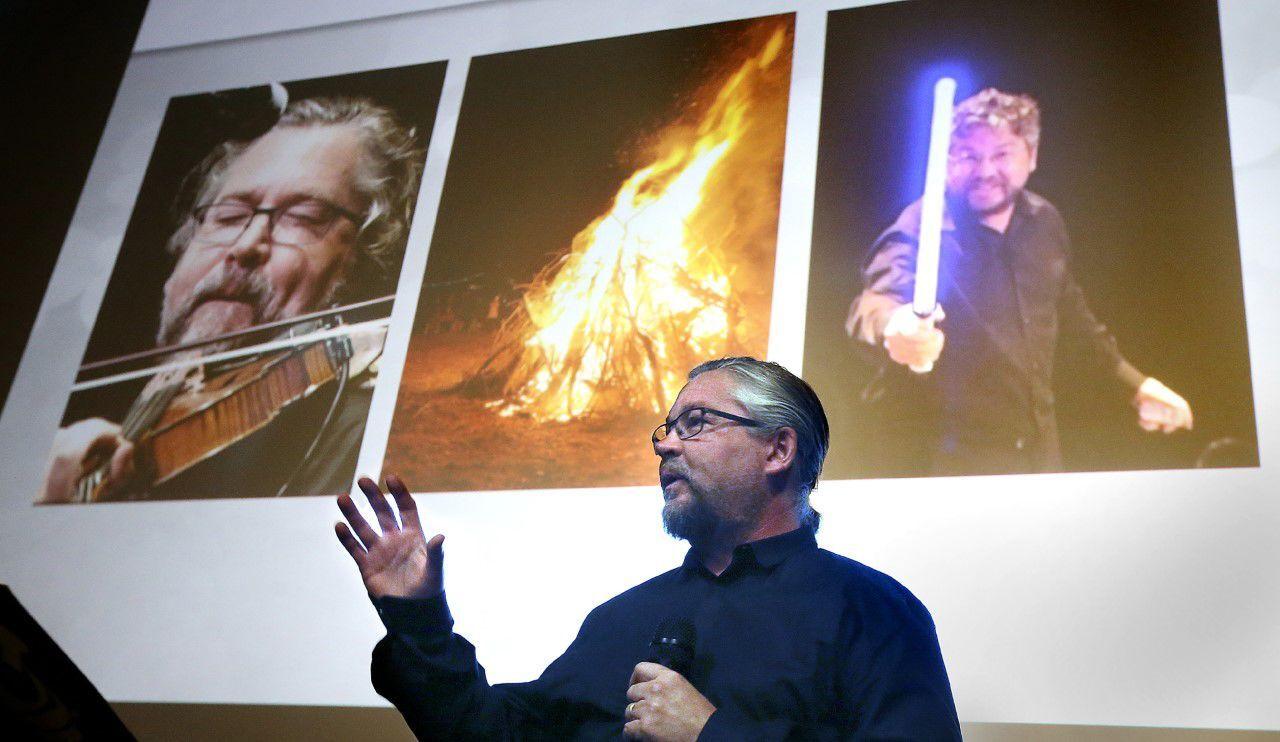Winchester Star: Local coverage of BIML

In Clarke County, a small research group is working to make technology more secure
- By MICKEY POWELL The Winchester Star
- Mar 30, 2021
- 13 hrs ago
BERRYVILLE — When thinking about Clarke County, farms and rolling hills generally come to mind, not sophisticated gadgets or high-tech wizardry.
In fact, many parts of the county still lack high-speed internet service.
But hidden away in the countryside is a small group of researchers trying to find ways to make technology safer so hackers cannot breach vital — or even secret — information.
The Berryville Institute of Machine Learning (BIML) was established in 2019 to address security issues associated with machine learning (ML) and artificial intelligence (AI). Recently, the institute received a $150,000 grant from the Open Philanthropy foundation to help further its work.
BIML, a think tank, was founded by software security expert Gary McGraw plus Richie Bonett, a computer scientist from Berryville; Harold Figueroa, director of Machine Intelligence Research and Applications Lab at Ntrepid, a Herndon-based cybersecurity firm, and Victor Shepardson, an artist and research engineer at Ntrepid.
Artificial intelligence is brainpower demonstrated by emotionless machines, in contrast to that of humans and animals which involves consciousness and, in certain instances, sensitivity.
Machine learning, on the other hand, involves developing computer programs that help machines access data and use it for their own benefit. The intent is to help computer systems develop the ability to automatically learn and improve their functions from experience without being specially programmed along that line.
“Usually, computers are programmed with a bunch of rules telling them what to do,” McGraw said. “Machine learning involves enabling machines to recognize certain inputs and outputs so they can do certain tasks themselves.”
An example of such a machine, he mentioned, is Alexa, a device developed by Amazon that uses speech recognition abilities in performing tasks.
“When you’re talking to Alexa, you’re interacting with a machine learning system,” McGraw noted.
Automatic banking machines are another example of the technology, he pointed out. So are some types of video games.
Technology is ever-evolving. And, “when technologies catch on fast, people forget to secure them properly,” McGraw said.
That can lead to trouble.
“A bad person may intentionally trick a system into doing the wrong thing” for personal gain or harm, said McGraw. “What we’re trying to do at BIML is to make it harder for bad people to misuse systems.”
Each computer system is unique, “so they learn in unique ways,” he said. As a result, unique solutions must be created to prevent potential problems with them.
BIML’s research and recommendations are placed into the “creative common” so people have free access to them, McGraw said.
According to its website, BIML has become well-known within ML circles for its pioneering research document, “Architectural Risk Analysis of Machine Learning Systems: Toward More Secure Machine Learning.”
McGraw said the Open Philanthropy grant will be used for various purposes, including research, recruiting interns and making presentations on cybersecurity issues at colleges and universities nationwide.
The institute already has recruited its first High School Scholar: Nikil Shyamsunder, a sophomore at Handley High School in Winchester. He will be involved in curating the “BIML Annotated Biography,” a resource for ML security workers providing an overview of research in that field, including a “Top 5 Papers” section.
As part of his internship, Shyamsunder will receive a $500 college scholarship.
BIML is based in the Berryville area largely because McGraw lives there — much of its work is based at his home — and Bonett is from there.
“It doesn’t really matter where this type of work is done,” McGraw said. “You don’t have to be physically present somewhere with people to get the work done. The majority of the work is done over the internet,” consulting with researchers and AI and ML practitioners.
As technology evolves, “it’s hard to anticipate” what BIML will be doing in the future, he said. But the machine learning field is growing, so demand for services that the institute provides is increasing, he asserted. Therefore, he expects the institute to be around for many years to come.
More information about the institute is online at berryvilleiml.com.
— Contact Mickey Powell at mpowell@winchesterstar.com

0 Comments